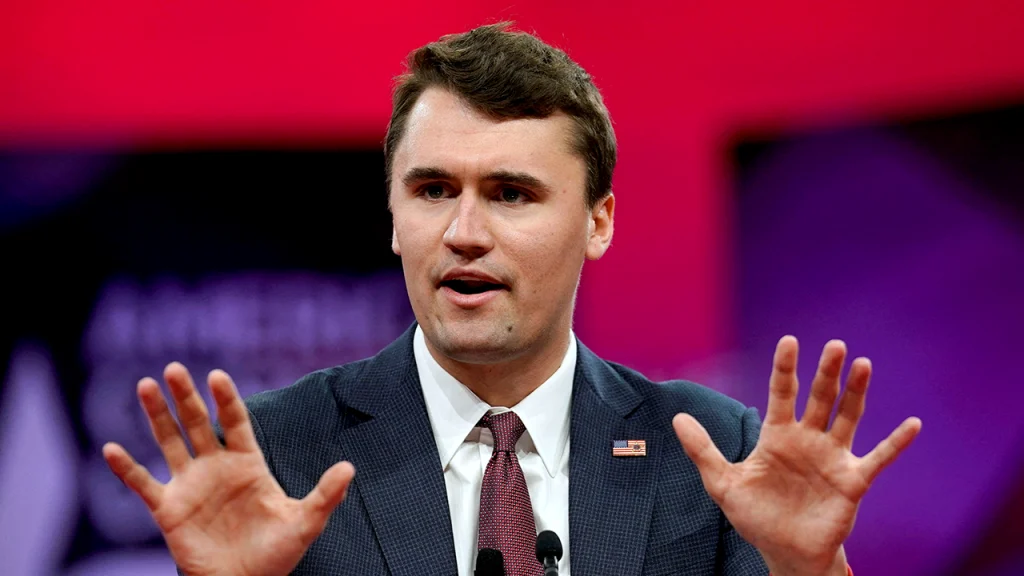Reflections on Political Divisions After a Tragic Death
In the wake of Charlie Kirk’s murder during a college speaking engagement, the Loudoun County, Virginia board of supervisors meeting revealed the complex tensions that characterize America’s political landscape today. The county, once a Republican stronghold that has shifted dramatically leftward in recent years, has become emblematic of the nation’s cultural and political divides. During their September meeting, board members offered varied perspectives on Kirk’s death, highlighting how political figures struggle to balance personal empathy with ideological differences in times of tragedy.
Board Chairwoman Phyllis Randall, a Democrat, approached the topic with nuance that illustrated the emotional complexity many Americans feel in responding to politically charged tragedies. Drawing on her background as a therapist, she acknowledged the fundamental wrongness of violence while refusing to sanitize her assessment of Kirk’s political legacy. “Obviously, no person should be gunned down. No person should be murdered,” Randall stated, establishing her core humanitarian position. However, she continued by expressing her personal struggle: “A death, even a horrible death, does not automatically erase the harm a person did in his life.” Her comments reflected the difficult balance many Americans attempt to strike between condemning violence unequivocally while not abandoning their assessments of a public figure’s impact. Randall’s admission that she was “struggling with these feelings” resonated as a candid acknowledgment of the conflicted emotions many experience when processing such events.
In stark contrast, Republican Supervisor Caleb Kerschner framed Kirk’s murder within a historical context of political assassinations, comparing it to the murders of Martin Luther King Jr. and the Kennedy brothers. His perspective emphasized the exceptional nature of such violence in American political life: “What makes it even more chilling is it appears to be done in political ideological reasons: Something we would see in other countries, but not America.” Kerschner’s focus centered on preserving foundational American values of free speech and open debate. He expressed particular concern about online celebrations of Kirk’s death, suggesting that such reactions represented a dangerous departure from the civil disagreement that should characterize democratic discourse. His remarks underscored a traditional conservative view that political violence fundamentally threatens the American experiment, regardless of the victim’s ideology.
The board’s vice chairman, Democrat Michael Turner, offered a perspective that bridged historical awareness with personal reflection. Drawing on his experiences growing up during the politically turbulent 1960s, Turner identified a troubling pattern of “tit-for-tat” hatred permeating modern society. His comments revealed a yearning for more understanding across political divides, exemplified by his mention of maintaining a friendship with someone he described as a “MAGA” supporter despite their political differences. “I don’t quite know how to reconcile that, but I do every day because he’s a friend,” Turner admitted, highlighting the personal struggles many Americans face in maintaining relationships across increasingly rigid political boundaries. His remarks suggested that political violence emerges partly from the erosion of these personal connections across ideological lines.
The board’s discussion took place against the backdrop of Loudoun County’s own political transformation and prominence in America’s culture wars. Once reliably Republican, the county has become emblematic of demographic and ideological shifts reshaping American suburbs. It has been thrust into national prominence through controversies over school policies, particularly regarding transgender rights—issues that have featured prominently in Virginia’s gubernatorial contests. This context added particular weight to the supervisors’ reflections, as their community has experienced firsthand the intensity of contemporary political divisions. The board itself, with its Democratic majority and Republican minority, mirrors in microcosm the political realignment happening across many American communities.
What emerged from this local government meeting was a revealing snapshot of America’s struggle to process political violence in an era of profound polarization. The supervisors’ varied responses—from Randall’s complex emotional honesty to Kerschner’s principled defense of discourse to Turner’s personal efforts at bridge-building—illustrate the different frameworks Americans apply when making sense of such tragedies. Their discussion highlighted how even in condemning violence, political figures find themselves navigating deeply entrenched ideological narratives. As communities across America confront similar challenges, the Loudoun County board’s reflections serve as a microcosm of a nation searching for ways to condemn political violence without abandoning deeply held convictions. Their conversation raises essential questions about whether Americans can develop a shared ethical framework that transcends partisan divides when responding to political violence, or whether even such fundamental matters will remain colored by ideological perspectives.


